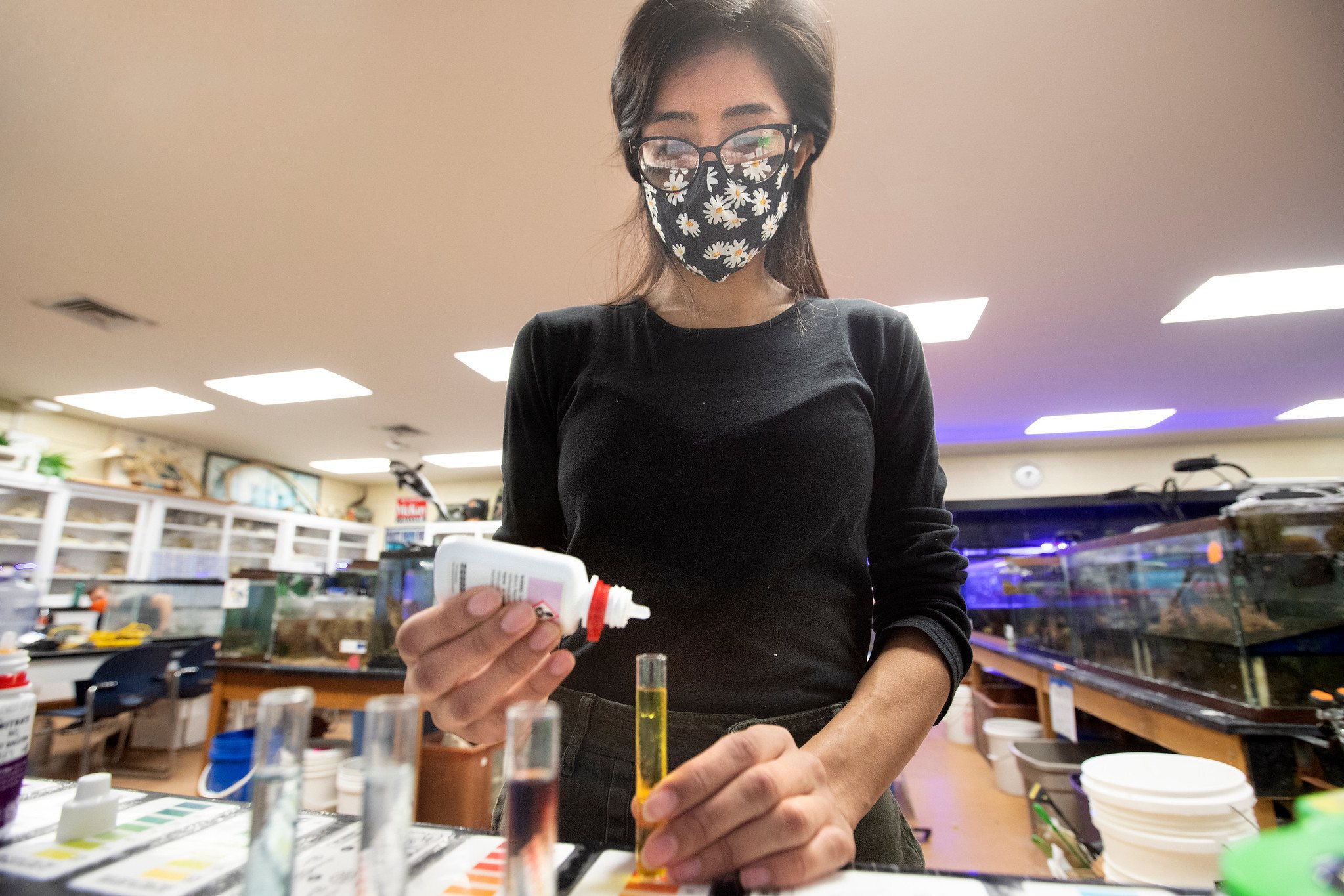Honors Tutorial Examples
Practical Suggestions for Honors Faculty
We’ve compiled some recommendations for how to find ways to integrate the Honors experience with your existing course. Since students enroll in combined course options and tutorials across all colleges at BGSU, our recommendations aren’t discipline-specific, but focus on our mission, characteristics, and learning outcomes.

The University Honors Program was established in 1978 and designated as an Honors College in 2013. The mission of the Bowling Green State University’s Honors College is to create a community of scholars through an emphasis on personal and intellectual development and preparation for global citizenship. Members of the Honors College will develop critical thinking skills, make interdisciplinary connections, conduct original scholarship, and have access to leadership and professional opportunities.
The National Collegiate Honors Council offers the following definition of honors education:
Honors education ignites passion for lifelong learning and encourages student creativity, collaboration, and leadership in the classroom and beyond. It is characterized by in-class and extracurricular activities that are measurably broader, deeper, or more complex than comparable learning experiences typically found at institutions of higher education. Honors curriculum serves as a laboratory for inventive and experiential education that can be implemented in the traditional classroom. Honors experiences include a distinctive learner-directed environment and philosophy, provide opportunities that are appropriately tailored to fit the institution's culture and mission, and frequently occur within a close community of students and faculty. (https://www.nchchonors.org/about-nchc)
Updated: 09/16/2024 03:06PM

